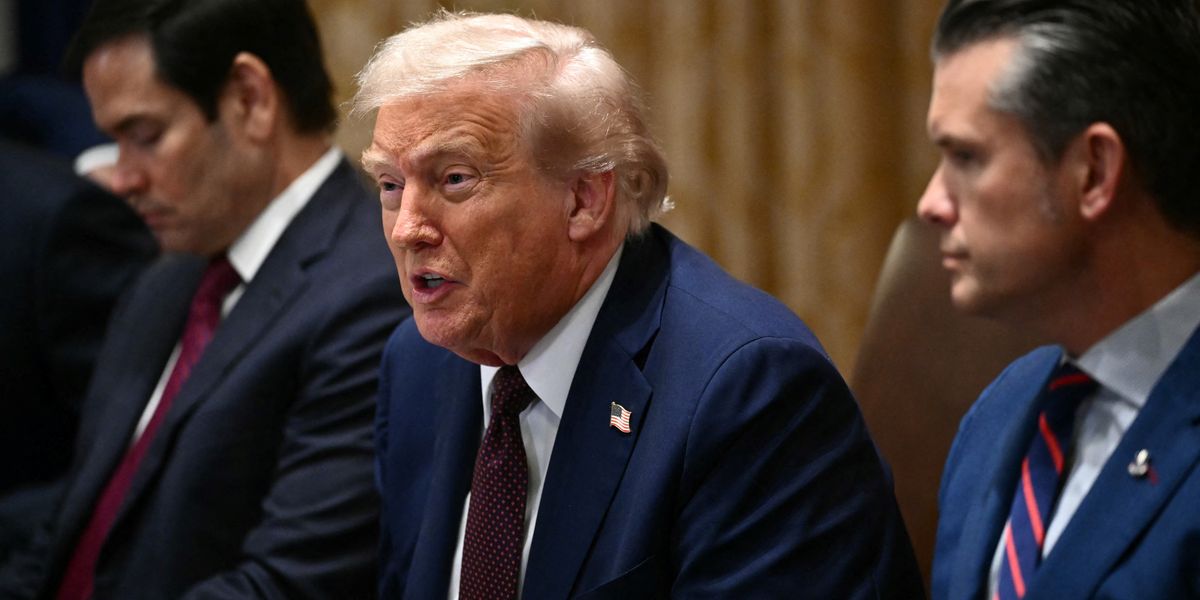It’s the oldest trick in Republicans’ playbook: They campaign on cutting spending and shrinking government, but when it comes time to pass actual legislation, they increase spending instead. To distract from that reality, they point to “waste, fraud, and abuse.”
Listen closely to all the hype about the DOGE — the Elon Musk-inspired, unofficial Department of Government Efficiency — and you’ll find nobody proposing to eliminate or structurally reform any major programs. Instead, leaders are giving Americans the impression that we can solve our inflation and debt crisis by trimming foreign aid, selling vacant buildings, and slashing overpayments in programs where waste and fraud are features, not bugs. This time must be different.
Cute messaging about egregious wasteful spending, which offends no corporate or individual constituency, will not solve the current crisis.
On the upside, an unprecedented conservative media campaign, led by Musk, has spotlighted wasteful spending and the need for cuts. On the downside, despite all the social media buzz, no one has presented a serious plan to reduce, eliminate, or restructure the key programs driving deficits and inflation. In fact, in December’s budget bill, Musk and Donald Trump backed an additional $110 billion in deficit spending without using any so-called wasteful programs as offsets.
Recycling the idea of cutting “waste, fraud, and abuse” — “no, really this time!” — might have worked before the $7 trillion COVID-19 debt bomb. But it won’t dent the $1.2 trillion in annual money printing needed to service the debt’s interest. Telling Americans we can achieve fiscal solvency simply by cutting painless waste, reducing foreign aid, or making government more “efficient” sets us up for failure.
The only way to curb inflation is to level with Americans about the real source of the problem: consensus spending by both parties, not the “waste, fraud, and abuse” they keep blaming. Either we cut those programs or accept inflation — no middle ground. The silver lining is that inflation’s bite has created a mandate to make a trade-off: We can end dependency on certain programs if we muster the political will.
We don’t need an AI tool or a latter-day Manhattan Project to figure out how to balance the budget. We already know what must be done; the challenge lies in devising the right messaging and political will to enact it.
The federal budget isn’t a mystery. According to the Congressional Budget Office, fiscal year 2025 will bring another $2 trillion deficit, with $7 trillion in spending and $5 trillion in revenue — and that’s before factoring in any expansion of Donald Trump’s first-term tax cuts. The CBO projects $1.1 trillion in interest on the debt, but those figures have repeatedly been revised upward.
The 10-year outlook appears even bleaker, especially once we factor in the CBO’s unrealistic revenue projections, its consistent underestimates of spending, and its failure to account for major catastrophes — such as COVID-19, the Great Recession, or annual weather disasters — that always push deficits beyond expectations. For example, while the CBO estimates the $7 trillion budget will only rise to $10.3 trillion by the end of the 10-year window, our spending has already doubled over the past decade, largely because of COVID-19.
What, then, drives our $7 trillion budget for fiscal 2025? Let’s break down the major government expenditures.
The “untouchables” of our budget make up the overwhelming majority of the tab. Social Security, Medicare, military, and veterans’ programs (both discretionary and mandatory), plus interest on the debt, total more than $5.2 trillion of the $7 trillion budget. Several hundred billion dollars of Medicare is offset by user premiums, bringing the net “untouchable” spending closer to $5 trillion. Yes, one could shave off some Pentagon waste and address Social Security and Medicare overpayments, but tightening eligibility would spark a political backlash that Trump may not want.
No hidden stockpile of “waste, fraud, and abuse” exists to eliminate. The only way to lower the deficit is to target the remaining $2 trillion, which includes discretionary spending and nonuniversal entitlement programs such as Medicaid, food stamps, and housing.
Republicans will also need to devolve education, agriculture, transportation, and energy spending to the states. They must eliminate housing subsidies and mortgage giants like Freddie Mac and Fannie Mae. In other words, they must convince the American people that the choice is between dependency programs or permanent stagflation and unaffordability. Cute messaging about egregious wasteful spending, which offends no corporate or individual constituency, will not solve our current crisis. Honesty remains the only viable path forward.
Republicans should craft their reconciliation bill to fully repeal the Green New Deal and all climate regulations, reset discretionary spending to pre-COVID-19 levels, and enact welfare reform stronger than the 1996 measure. Some commentators falsely claim Social Security and Medicare are the only paths to reducing deficits, neglecting the many “other mandatory spending” programs that are not universal. Coupled with substantial health care reforms to lower consumer costs, this approach offers the only realistic way to address inflation.
Congress cannot focus solely on tax cuts this time. Yes, lawmakers should extend the 2017 tax cuts and add targeted cuts to spur small-business growth, but unlike in 2017, the primary emphasis should be on curbing government spending. A frank discussion about the true nature of these expenditures is essential to meet the mandate of lowering inflation at long last.
Read the full article here







![Florida AG Makes Major Move to Remove Dangerous Illegal Alien Truckers from the Streets [WATCH] Florida AG Makes Major Move to Remove Dangerous Illegal Alien Truckers from the Streets [WATCH]](https://www.lifezette.com/wp-content/uploads/2025/08/2025.08.26-11.22-lifezette-68ad98f7648da.jpg)



